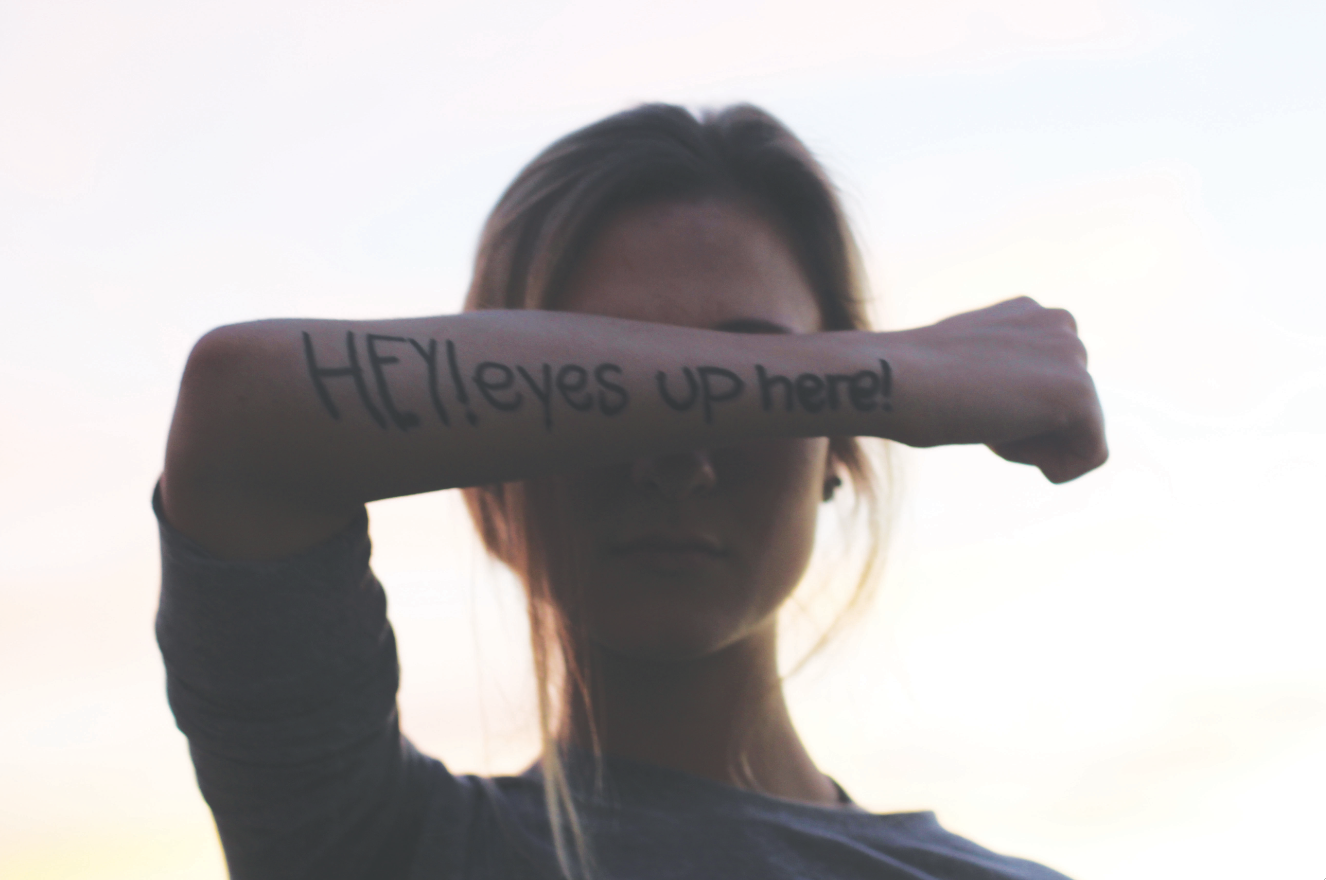#loveyourself
Self-love is also self-care, and we should never forget that.
Earlier this year, I saw a TikTok of a model posting all the pictures of herself she had been too afraid to post in the past. For each one, she explained her insecurities around it. Whether she thought her smile was crooked, that she was too pale or her stomach was sticking out too much, all I saw was a beautiful, smiling woman who wasn’t afraid to show people on the internet it’s OK to not be perfect. In the caption, she said she did this in the name of self-love.
If you’re a teenager and you haven’t found yourself scrolling through Instagram or TikTok and comparing your body, lifestyle and relationship to a seemingly perfect person, then honestly, good for you. One 2019 NIH study found a strong link between consistent social media use and negative body image issues including eating disorders, self-objectification and body surveillance.
All that is to say, the internet has had a bad rap when it comes to body positivity. But there is a light at the end of the tunnel: the self-love movement. It’s unclear where this movement really started, whether it was brought over from the self-esteem movement of the ‘50s and ‘60s, or spurred by the rapidly growing amount of people realizing the negative effects of social media. Despite this, over the past few years, many influencers and brands began posting “real,” unedited pictures and videos of themselves online. Their intended message? Love yourself the way you are, you don’t have to fake it. Overall, the movement seems to be working, as a TKC survey found 92% of KHS students think self-love is important.
Personally, I’m a big fan. I love seeing girls unapologetically showing off their belly rolls and stretch marks, because they’re beautiful and it gives me the confidence to feel beautiful in my belly rolls and stretch marks. Normalizing bodies that don’t fit the current societal standard on the internet is one of the best aspects of this movement.
Nevertheless, there are still many people who criticize the self-love movement, mostly because they don’t understand it. I’ve seen comment after comment about ‘young people not improving themselves anymore’ or how the emphasis on self-love is ‘making them self-obsessed and lazy.’ If all of this is true, and we really are excusing our selfish, narcissistic behavior by saying #loveyourself, then we’ve got some major misconceptions about what self-love really is.
Yes, self-love is an internet movement, and I’m all about posting real, candid photos of yourself to embrace your physical appearance; but it doesn’t stop there. Once you have the confidence to love yourself as you are, you have to take care of yourself, too. Think about it this way: when you love someone else, you want to take care of them and make them happy. Just like in a relationship, self-love is not only about embracing yourself as you are, but working to keep your mind, body and soul healthy and happy.
Post those photos of yourself. You look amazing, I promise. Just remember to eat three meals a day, exercise, get lots of sleep, drink plenty of water and take a bubble bath every once in a while. The Blurt Foundation said it best, “Self-care can teach us that actually, we do deserve to be cared for. We do deserve to be looked after. It can help us to gain a sense of self-respect and start to love who we are.” Self-love is also self-care, we shouldn’t forget that.
Your donation will support the student journalists of Kirkwood High School. Your contribution will allow us to purchase equipment and cover our annual website hosting costs.

She/Her
Hobbies and Interests: reading, sleeping, starting things I never finish
Favorite song: Yoshimi Battles the Pink Robots Pt. 1 by The Flaming...

She/Her
Hobbies and Interests: guitar, lacrosse, hanging with friends
Favorite song: When It Rains It Pours by Luke Combs
Favorite Quote: "The...









